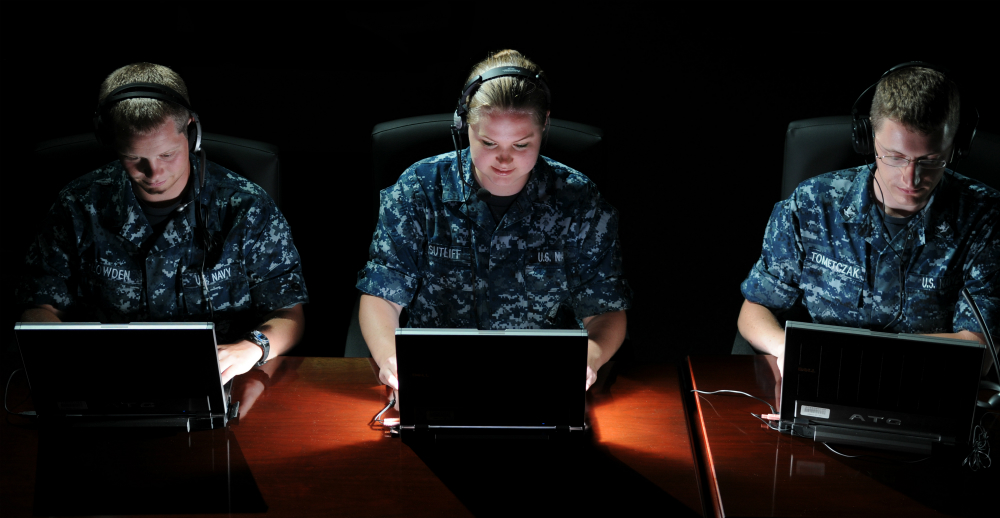Competition in real life produces more male hormones than virtual competition
03/11/2018 / By Jhoanna Robinson

A recent study showed that men are not prone to releasing male hormones such as testosterone when engaged in a virtual competition compared with when they are playing against actual foes in a face-to-face challenge.
The one-of-a-kind study observed University of Nevada, Las Vegas (UNLV)‘s 8-Bit team as it got itself ready for Mountain West Showdown against Boise State University.
According to the researchers, players of the competitive e-sports game “League of Legends” showed zero changes in testosterone levels during game play as compared with the players who engaged in physical sports. (Related: Virtual pain relief: Researchers believe video games can reprogram your brain, or at least distract you.)
The samples were obtained from 26 male players on UNLV’s e-sports team, 8-Bit, who were pitted in a virtual battle against other players in a game that lasted between 15 and 27 minutes.
The study, which was published in Computers in Human Behavior, also showed that players of e-sports games did not manifest movement in the hormones dehydroepiandrosterone (DHEA), cortisol, and androstenedione in saliva samples.
“These players were facing familiar foes in a familiar environment. That is a key reason why testosterone and other hormones may not have changed. I would expect to see more action in terms of hormones in a tournament atmosphere against unfamiliar competition and a large audience,” said UNLV Department of Anthropology professor Peter Gray.
The findings coincide with the announcement that 8-Bit will be competing in the first ever Mountain West e-sports event at UNLV this March. This will transpire at the same time as the Mountain West Conference Men’s and Women’s Basketball Championships.
100% organic essential oil sets now available for your home and personal care, including Rosemary, Oregano, Eucalyptus, Tea Tree, Clary Sage and more, all 100% organic and laboratory tested for safety. A multitude of uses, from stress reduction to topical first aid. See the complete listing here, and help support this news site.
“We’re primed here at UNLV to study these effects as e-sports is exploding and the university is ready to be a research partner in this growing industry locally, nationally, and internationally,” Gray said.
The study findings stated: “Salivary testosterone, cortisol, DHEA, and androstenedione levels did not change overall or between play against people vs. the computer or with respect to winning or losing. However, play duration (range of 15 to 27 minutes?) was positively related to changes in DHEA, androstenedione, and testosterone during play against other people.”
The study revealed that it didn’t matter whether gaming was against other people or an artificial intelligence – both methods resulted in decreased levels in the hormone aldosterone.
At UNLV’s International Gaming Institute (IGI), researchers are focused on the nuances of the industry, instituting best practices on e-sports and their intersection with the regulated gambling industries, competition methods, game creation, and legal and regulatory procedures.
UNLV’s IGI in 2017 had been central to the introduction of the Nevada Esports Alliance, further marking the state as a global e-sports hub and UNLV as a market research pioneer.
For more stories on virtual reality and the power of gadgets, visit Computing.news.
Sources include:
Tagged Under: aldosterone, computer, Computer games, DHEA, esports, fitness, hormone production, male health, male hormones, men's health, real competition, research, Testosterone, testosterone production, virtual competition, virtual gaming




















